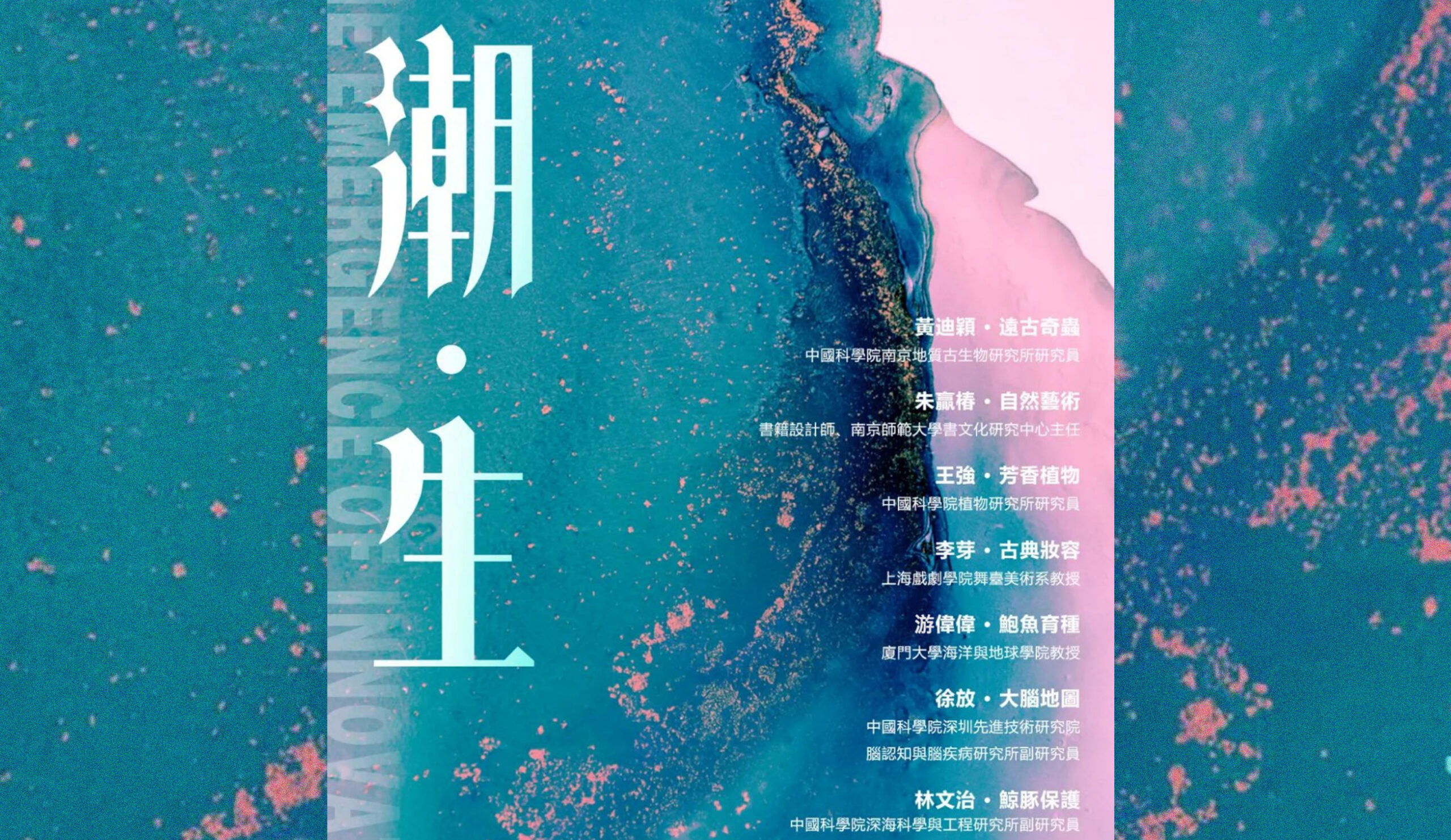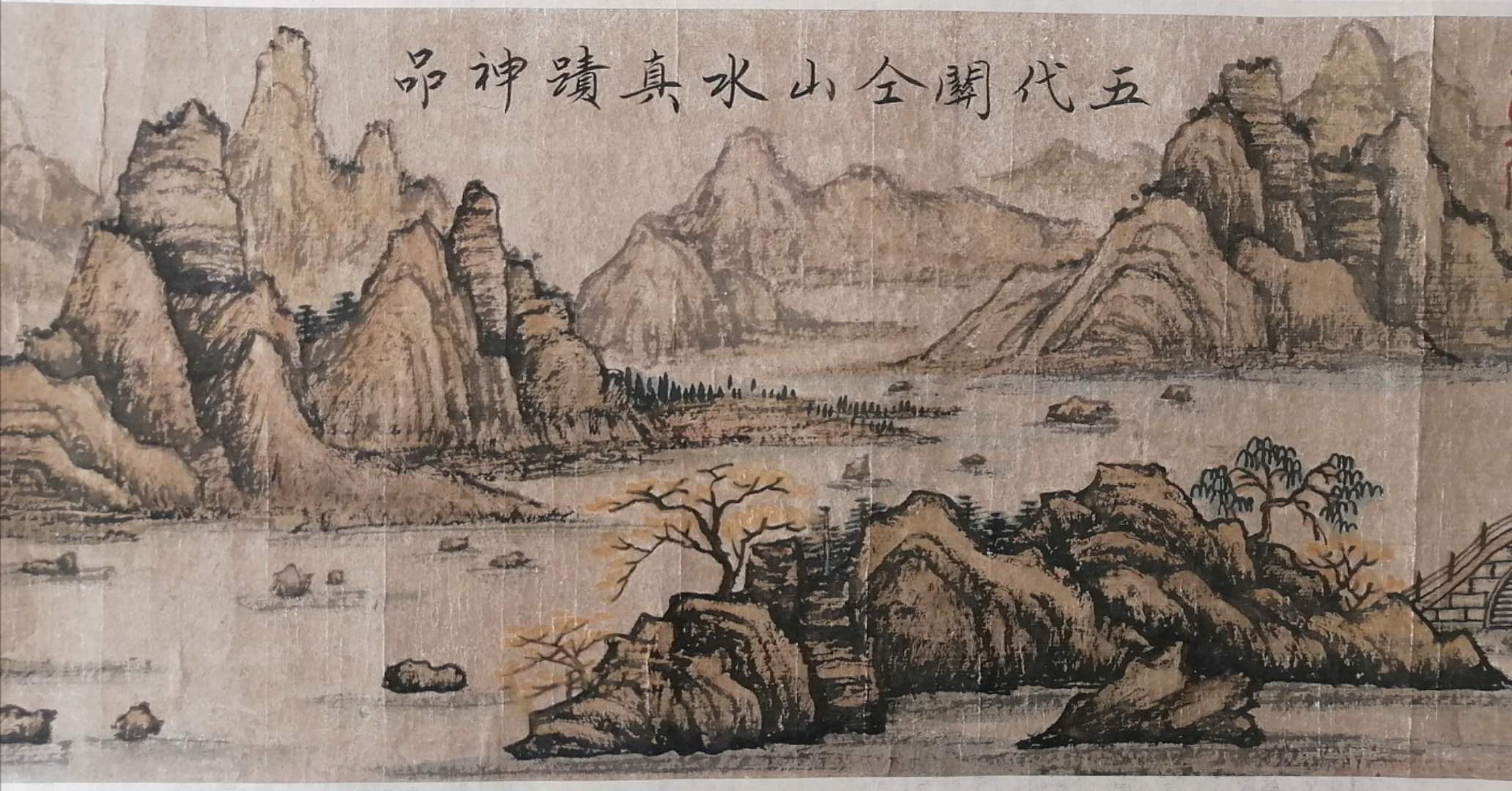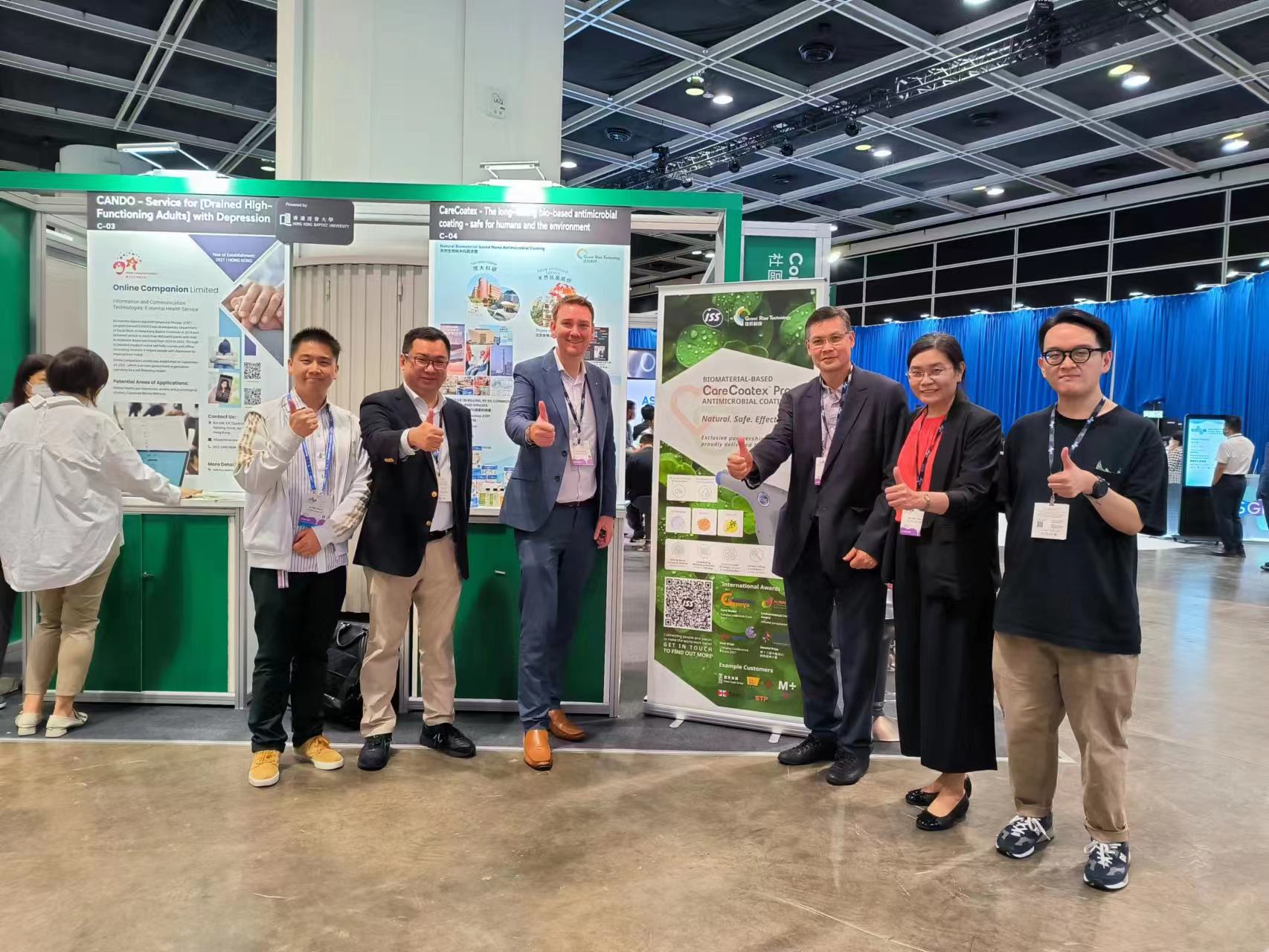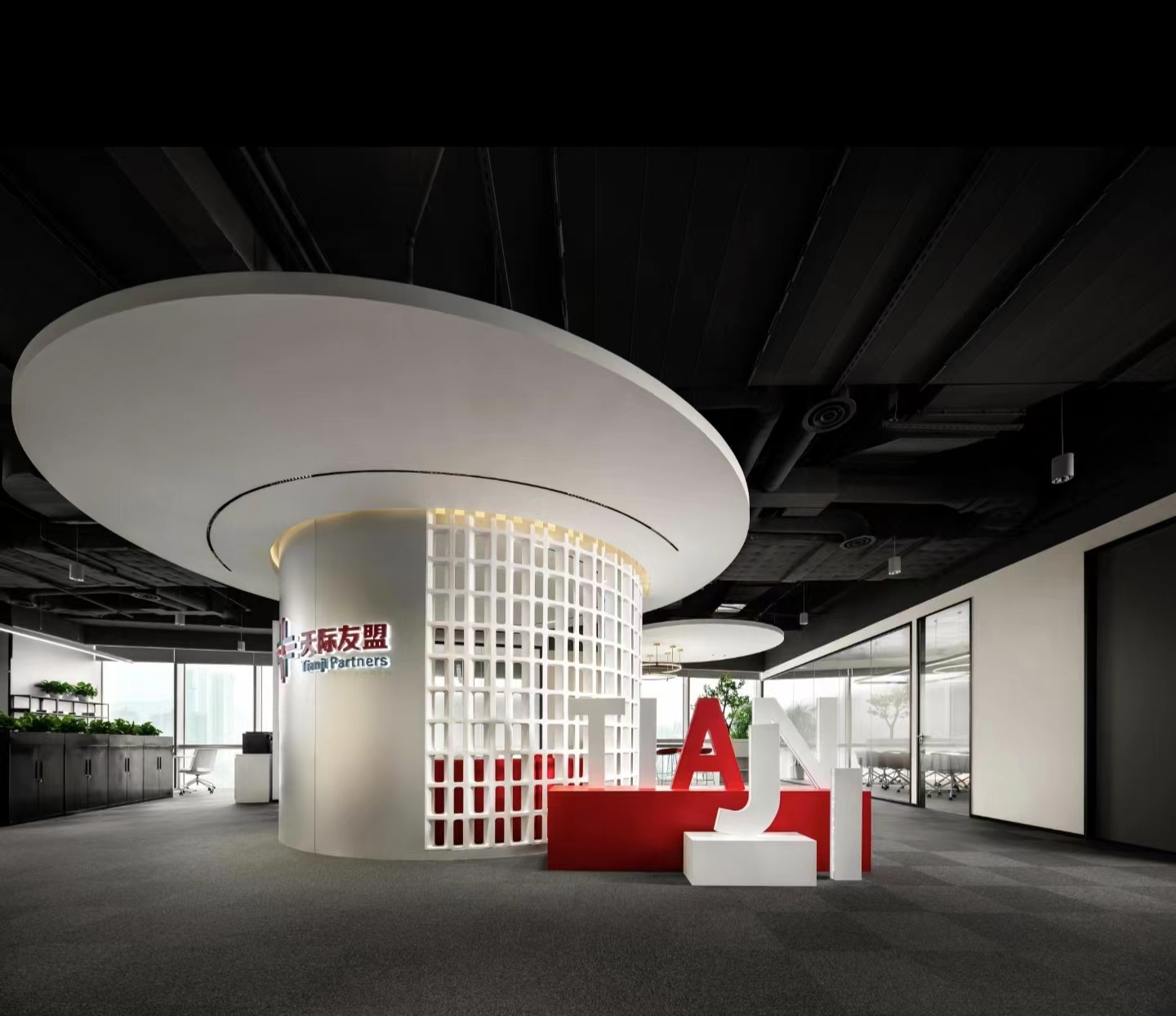The Hengqin Guangdong-Macao Deep Cooperation Zone (橫琴粵澳深度合作區), also translated as the Guangdong-Macao In-depth Cooperation Zone in Hengqin, was formally established on Sept 5, 2021 when the general plan for DCZ was issued by the Central Government. It covers the Hengqin Island of 106 km2 (41 mile2) with a special customs arrangement of the “first line” and “second line”. The “first-line” refers to Hengqin Island and the Macao Special Administrative Region (SAR), while the “second-line” refers to the area between Hengqin Island and other Chinese customs territories.
The DCZ governance is under a management committee jointly established by the governments of Guangdong Province and Macao SAR which oversees the DCZ’s major plans, policies, projects, and important personnel appointments.
New policies for the DCZ’s development take effect from March 1, 2023. They provide a more concrete legal basis and regulatory mechanism to the administration and development of the DCZ, which helps facilitate the industrial diversification of Macao. Additionally, these policies also bring an improved living environment to Macao residents and an integrated tourism and convention industry to the GBA, a megalopolis consisting of nine cities (Guangzhou, Shenzhen, Zhuhai, Foshan, Dongguan, Zhongshan, Jiangmen, Huizhou, and Zhaoqing) and two SARs of Hong Kong and Macao in South China.
On the occasion of its first anniversary, the DCZ exhibited an impressive list of achievements. The Zone registered a total GDP of RMB22.393 billion, a rise of 2.5% over the same period last year. In addition, the number of companies registered by Macao residents reached more than 5,000 with a total registered capital of more than RMB140 billion, representing an increase of approximately 8% from when the DCZ was established September 2021. The added value of the financial sector was RMB8.217 billion, a year-on-year increase of 11% which accounted for nearly 40% of the total GDP.
The number of Macao residents working and living in Hengqin has increased significantly. The four major industries, namely: 1. scientific & technological research & development and high-end manufacturing, 2. traditional Chinese medicine and other industries with Macao brands, 3. cultural, tourism and convention industry, and 4. modern finance, have been in operation in a substantive manner, creating more high-quality jobs for Macao residents, especially young people in Macao. For young people, the DCZ government also actively cooperates with enterprises in Hengqin to provide internship opportunities for them, and offers financial subsidies to catering businesses in Hengqin.
The DCZ, which is emerging as an experimental zone, has far-reaching significance to Macao. It is viewed as another grand opportunity for Macao to take off again following its successful story of opening-up of gaming concessions 20 years ago. The DCZ is expected to complement Macao’s shortage of land, provide necessary resources to safeguard the economic diversification and expand markets for various industries such as cultural and creative industry, tourism, arts and media. It will also provide more space and opportunities for younger generations in Macao to tap into their genuine talents and cultivate wider interests.






